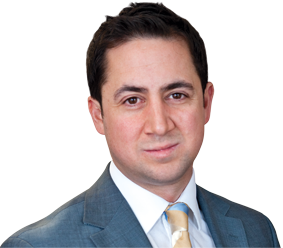The terrorist attacks that began on press day in the offices of Charlie Hebdo forced the satirical French magazine to become the news. In the days that followed, the world’s media and how outlets reported on the attacks also became part of the story. The violence was perverse and atrocious, yet depressingly far from original.
It was ten years ago last summer when Paul Klebnikov, the editor of Forbes’ Russian edition, was shot dead near his office in Moscow. Charlie Hebdo itself had been subjected to arson attacks three years earlier. In the past year alone, 66 journalists have been killed, taking the gruesome toll to 720 deaths in the past decade, according to Reporters Without Borders.
The body count provides a stark reminder about the high price we pay for our freedoms and media pluralism. The ability to report news without fear or favour and to express an opinion that might offend are cornerstones of democratic societies. As such, Charlie Hebdo’s return to the newsstands this week with it biggest-ever print run of reportedly up to five million – helped by donations from, among others, Google, The Guardian, Le Monde and France Télévisions – must be celebrated.
How we respond to acts of terrorism says a lot about us. Hope must be found in the defiant shows of solidarity emanating from Paris, including last Sunday’s rally of 1.6 million people, believed to be the biggest gathering in the city since its own libération in August 1944.
'The ability to report without fear and express an opinion that might offend are cornerstones of democracies'
There are, of course, real fears of further unrest across Europe. In Germany, tensions run high after the Hamburger Morgenpost newspaper that reprinted some of the Charlie Hebdo cartoons was firebombed.
Hardline nationalists and anti-immigration groups were already making strides across Europe with pernicious commentary that provides easy answers for some of those disaffected by years of austerity. Such groups will politicise the attacks.
However, the rise of social media is proving to be an effective real-time counterbalance for some of the more egregious peddlers of misinformation. The US "terrorism expert" Steven Emerson, for example, was forced to apologise after telling millions of Fox News viewers that London plays host to "religious police that actually beat and actually wound seriously anyone who doesn’t dress according to religious Muslim attire".
These are precarious times and the stances taken by media companies will no doubt help to form public sentiment, shaping how the next 12 months play out.
Arif Durrani is head of media at 北京赛车pk10 and editor of Media Week



